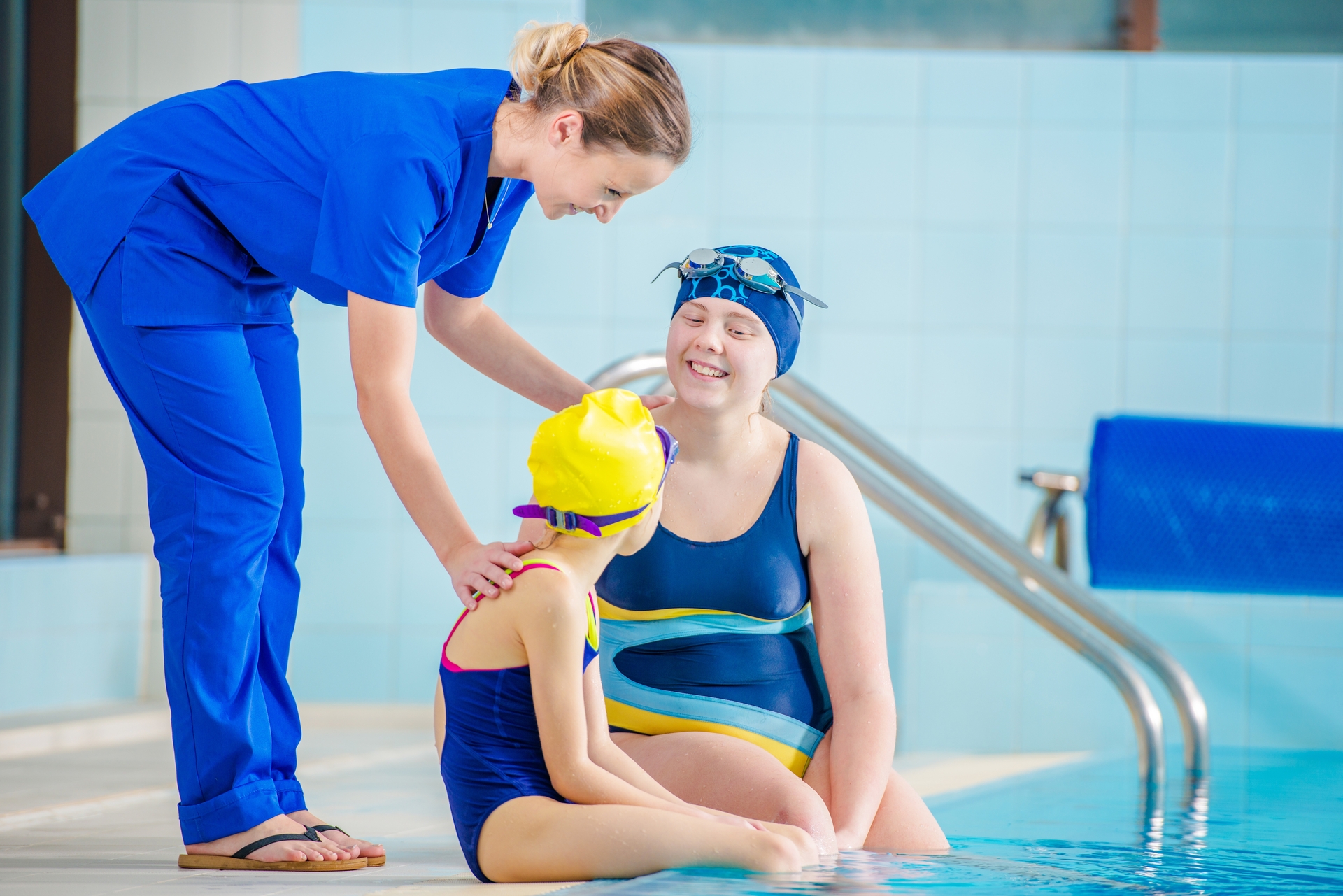Embracing the Waves: An Introduction to Para-Swimming and Adaptive Aquatics

Adaptive aquatics has emerged as a remarkable force, breaking barriers and changing perceptions about what it means to be an athlete. While the world of adaptive sports is extensive and wide-ranging, one sport, in particular, is making significant splashes, both figuratively and literally — Para-swimming.
Para-swimming, a competitive sport tailored to athletes with a range of disabilities, is proof positive that swimming is a sport for all. As with all sports, Para-swimming demands discipline, dedication, and determination. It promotes fitness, instills a sense of achievement, and fosters camaraderie among athletes. In this blog post, we explore the unique and inspiring world of Para-swimming, including its history, classification systems, training techniques, and inspiring athletes who have excelled in this field.
An Overview: Para-Swimming
Para-swimming is governed internationally by the International Paralympic Committee (IPC) and is one of the original sports to be included in the Paralympic Games. The first Paralympic swimming events were held in Rome in 1960, and the sport has grown exponentially since then.
Para-swimming includes a variety of swimming events similar to Olympic competitions — freestyle, backstroke, butterfly, breaststroke, and medley events, with race distances varying from 50 meters to 400 meters. Athletes are classified according to their functional ability to perform each stroke, ensuring fair and competitive racing.
Classification System: Equal Playing Field
In Para-swimming, athletes are divided into classes based on their impairments. The classification system is meticulously designed to ensure that the competitions are as fair and balanced as possible. The classes range from S1 to S14, where 'S' stands for 'swimming':
- S1-S10: Physical impairments. S1 athletes have the most severe impairment, and S10 the least.
- S11-S13: Visual impairments. S11 athletes are blind or have very low visual function, while S13 athletes have the least impairment.
- S14: Intellectual impairments.
Each athlete undergoes a detailed assessment to determine their classification, which includes in-water observation and physical tests conducted by certified classifiers.
Training Techniques: Tailored for Success
Like all competitive sports, Para-swimming demands rigorous training and a nuanced understanding of techniques, stroke mechanics, and turns. Each athlete's training is tailored to their specific abilities and challenges.
Swimming coaches work closely with physical therapists, occupational therapists, and other rehabilitation specialists to develop training routines that help para-swimmers optimize their performance. Techniques are adapted for individual swimmers. For example, a swimmer with one arm would have a different freestyle stroke than a swimmer with two arms, and their training would reflect these differences.
Inspiring Athletes: Champions in Water
There are countless inspiring athletes in the world of Para-swimming who have challenged stereotypes and achieved incredible success. For instance, Jessica Long, an American Paralympic swimmer born without fibulas, ankles, and heels, has won multiple gold medals across several Paralympic Games. Her powerful strokes and indomitable spirit embody the essence of Para-swimming.
Another iconic figure is Daniel Dias from Brazil, who has a total of 24 Paralympic medals, making him one of the most successful para-swimmers in history. Born with congenital limb defects, Dias has not let his condition deter his swimming dreams, proving that ability is more about attitude than physicality.
Conclusion: Embracing the Potential
The world of Para-swimming is a testament to the human spirit's resilience and determination. It showcases the ability of individuals to overcome adversity and demonstrates that limitations are often just a state of mind. Adaptive swimming provides not only a competitive outlet for athletes with disabilities but also a platform for social change, proving that sport truly is for all.
As we continue to embrace the potential of all athletes, regardless of their physical conditions, we celebrate the power of inclusivity, adaptability, and the indomitable spirit of sport. Para-swimming is more than a competition; it is a powerful testament to the incredible ability of the human spirit to rise above challenges and achieve greatness.